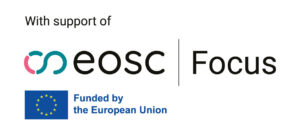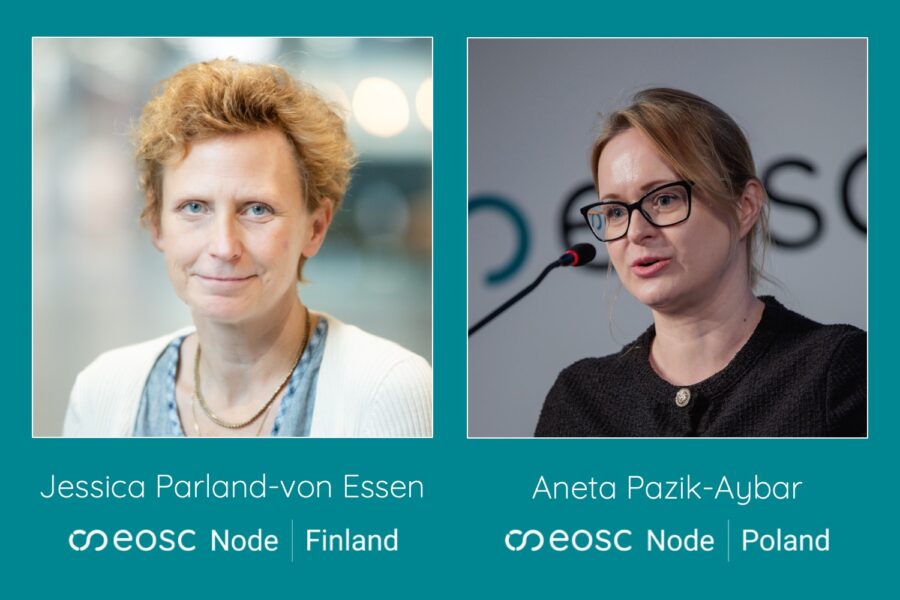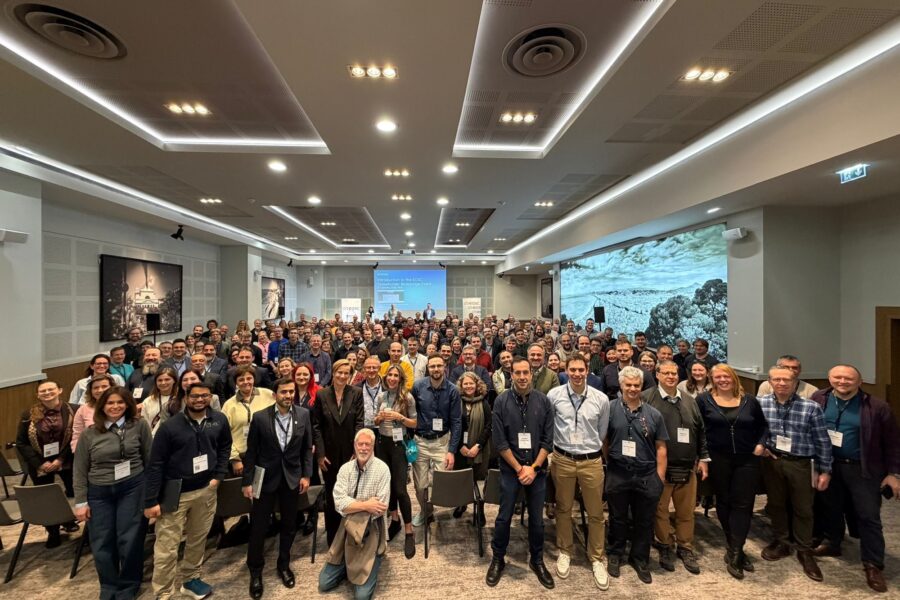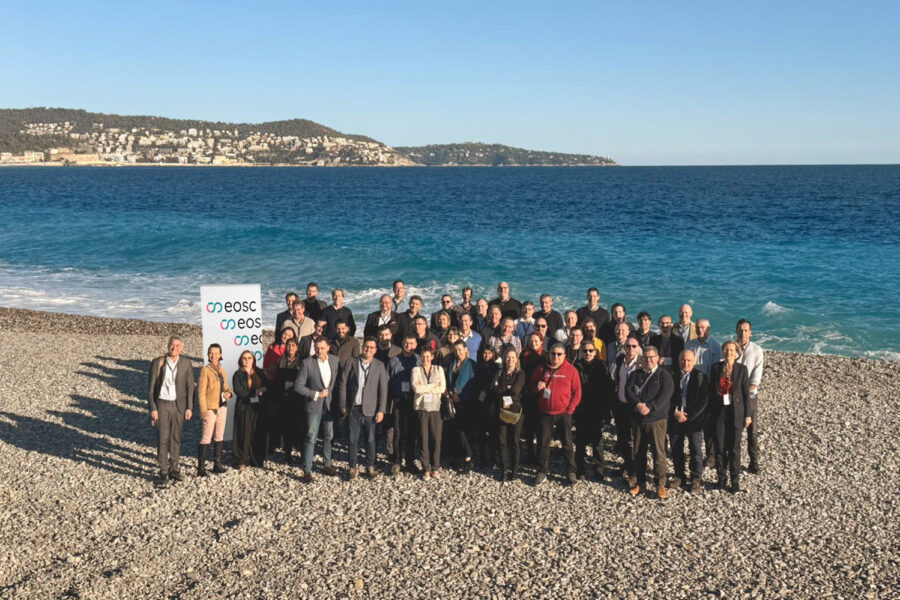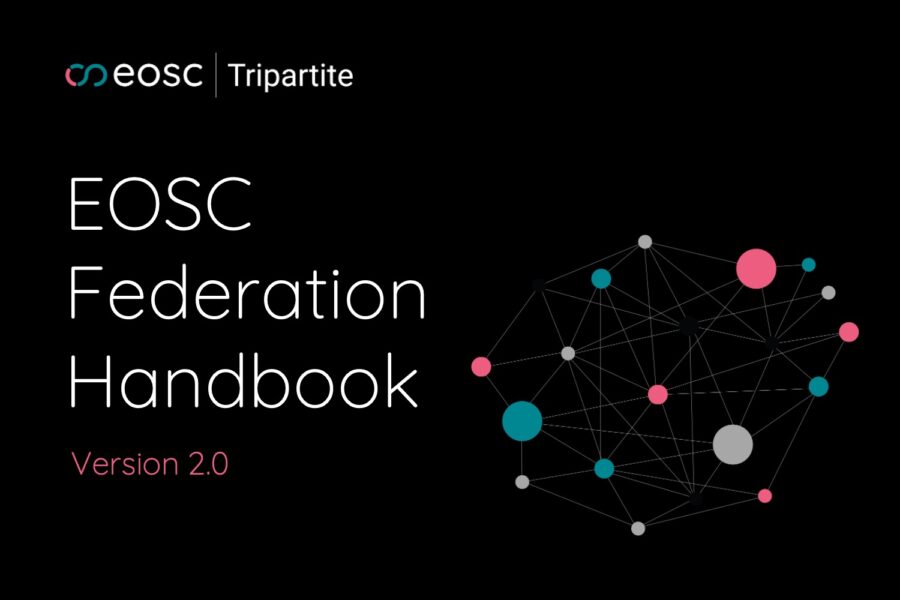BRUSSELS – Belgium’s first EOSC National Tripartite Event (NTE) took place on 16 April 2024 at the Palais des Academies in Brussels. It was organised by BELSPO (Belgian Science Policy Office) in close collaboration with EWI (Department Economy, Science and Innovation of Flanders) and the FWB (The Wallonia Brussels Federation – Scientific Research), as an event under the auspices of the Belgian Presidency of the Council of the European Union.
The NTE commenced with an engaging poster session, which presented an opportunity for the attendees to learn about 41 projects, use cases, initiatives, and organisations in Belgium that tirelessly work to advance Open Science in the country.
When opening the event, Gaétan du Roy from MFWB underlined that Belgium is proud to be engaged with the European Open Science Cloud. Subsequently, the successful rollout of the Flemish Open Science Board (FOSB) was highlighted by Marc Vanholsbeeck of Belspo, who also gave an overview of notable organisations that help to implement Open Science practices in Belgium.
The event included an intervention by representatives of the EOSC Tripartite Governance, who met during the EOSC European Tripartite event in Brussels earlier in the morning. Michael Arentoft of the EU Commission reminded the audience that today’s research is data-driven and requires powerful computing networks. He informed the audience about the launch of the initial web presence of the EOSC EU Node scheduled a few days after the event. The website presents the groundwork for the forthcoming dynamic web front-office of the EOSC EU Node, planned to be released in the autumn of 2024.

Photographs: © FW-B – Jean POUCET
Karel Luyben, president of the EOSC Association, explained the concept of federation envisaged for EOSC and the role of nodes. In his talk, he highlighted what the federation will offer to research communities across scientific disciplines on top of FAIR data. The intervention of the Tripartite Collaboration was concluded by Volker Beckman, Co-chair of the EOSC Steering Board, who spoke of the importance of e-infrastructures and the need to open them to all research domains to utilise the investments of countries in the most efficient way.
The keynote of the event was delivered online by Sabina Leonelli, philosopher of science at the University of Exeter in the United Kingdom. In her thought-provoking talk, Leonelli challenged the traditional practices and criteria of scientific excellence, which often do not consider non-academic expertise of researchers. Concluding that openness has long been a constitutive value of scientific research, she called for an inclusive and responsible use of Open Science principles.
The event concluded with a pair of engaging panel discussions, which brought together representatives of the Open Science community in Belgium. The first group of panellists exchanged ideas on challenges related to open research, such as the costs associated with publishing in Open Access journals. The second panel explored the involvement of Belgium in EOSC. It was highlighted that EOSC is more than a technical infrastructure, and that individuals as well as communities that will directly benefit from it represent vital elements of the EOSC ecosystem. Many initiatives are underway in Belgium to reach out to representatives of scientific disciplines and foster their engagement.


